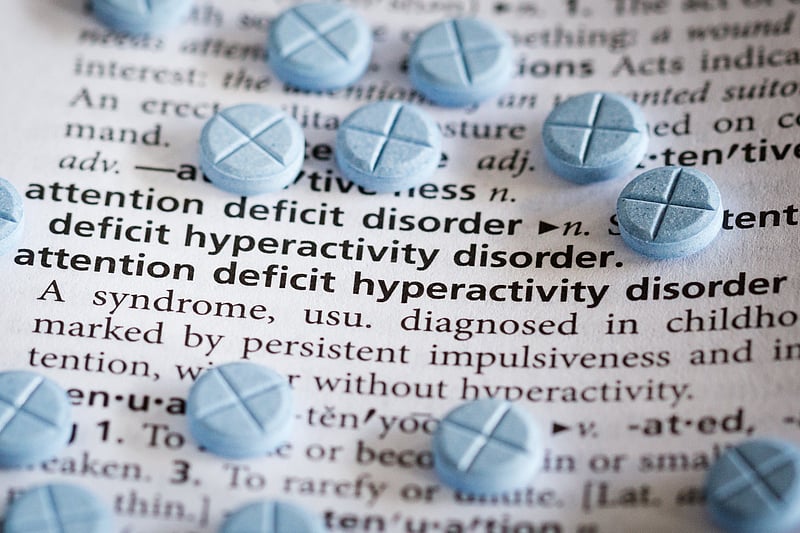Get Healthy!

- Cara Murez
- Posted August 2, 2023
Amid Shortages, Federal Agencies Ask Drugmakers to Boost Output of ADHD Meds
While demand for prescription stimulants is surging, a shortage of the drugs persists, so federal officials have stepped in and asked drug companies to ramp up production of the medications.
Officials from both the U.S. Food and Drug Administration and the U.S. Drug Enforcement Administration (DEA) made the joint request.
"The FDA and DEA do not manufacture drugs and cannot require a pharmaceutical company to make a drug, make more of a drug or change the distribution of a drug,"FDA Commissioner Dr. Robert Califf and Drug Enforcement Administration leader Anne Milgram wrote in a letter issued Tuesday. "That said, we are working closely with numerous manufacturers, agencies and others in the supply chain to understand, prevent and reduce the impact of these shortages."
The agencies are also asking prescribers to carefully monitor their prescribing practices.
"The lack of availability of certain medications in recent months has been understandably frustrating for patients and their families,"Califf and Milgram wrote in their letter.
Reasons for the shortage include manufacturing delays by one drugmaker last fall. Meanwhile, demand for prescription stimulants for adults surged during the pandemic, according to a U.S. Centers for Disease Control and Prevention report.
The FDA first announced a shortage of Adderall last October; that medication is commonly used for those with attention deficit hyperactivity disorder (ADHD).
The DEA limits the amount of stimulants that can be produced, but manufacturers haven't been reaching that upper limit, the joint letter noted. A 2022 analysis found they were 30% short of the quota.
The agency is asking manufacturers to relinquish any quota they can't meet so the DEA can redistribute it, while it is "committed to reviewing and improving"the quota process.
The letter also highlights "widespread misuse"of prescription stimulants and calls for accelerated efforts to appropriately diagnose and treat ADHD.
"We will consider additional actions to prevent non-medical use and identify efforts to better understand and strengthen the supply chain,"Califf and Milgram wrote. "We also hope that we can all work together to assure that those who need stimulant medications can get them based on the best clinical knowledge about when they are effective, and avoid them when there is no indication for their use."
More information
The U.S. Centers for Disease Control and Prevention has more on ADHD.
SOURCE: joint letter, U.S. Food and Drug Administration and U.S. Drug Enforcement Administration, Aug. 1, 2023
